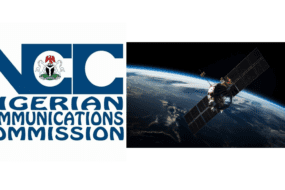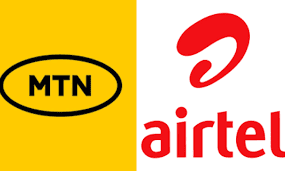Zain, established in 1983 as a Mobile Telecommunications Company (MTC) in Kuwait, is a leading mobile telecommunications provider in the Middle East and North Africa. Rebranded as Zain in 2007, the company operates in seven countries, including Kuwait, Saudi Arabia, and Iraq, serving nearly 48 million active customers as of June 2024.
Parallel Wireless, founded in 2012 and headquartered in Nashua, New Hampshire, is a technology company specializing in software-defined Open Radio Access Network (Open RAN) solutions. The company focuses on providing innovative, hardware-agnostic cellular network solutions to address the challenges of heterogeneous networks and the evolution to 5G.
In a significant step toward next-generation connectivity, Zain Kuwait and Parallel Wireless have completed a groundbreaking 5G Standalone (SA) Proof of Concept (POC) focused on Fixed Wireless Access (FWA). This achievement highlights Zain’s commitment to technological innovation and reinforces Kuwait’s position as a global leader in ICT.
During the trial, the performance with Open RAN demonstrated download speeds exceeding 1.3 Gbps, surpassing Zain’s previous performances and setting a new milestone for Open RAN technology. The success of this POC validates Open RAN’s capability to meet and even exceed operator expectations in terms of performance, reliability, and scalability—making it the most viable alternative to traditional Radio Access Network (RAN) solutions.
Parallel Wireless demonstrated its GreenRAN™ technology, which works with different types of hardware and helps save energy. By using AMD EPYC™ processors, the system reduced power consumption by 35% compared to older network setups. The trial also showed that the system could run smoothly on two cloud platforms—SUSE and AWS—making it easier to set up and manage. Additionally, it proved that separating certain network functions (CU-DU separation using ORAN Split Option 2) makes the network more flexible, scalable, and efficient.
By reducing power usage by more than 35%, Zain is taking a big step toward using energy more efficiently and becoming carbon-neutral by 2050. This milestone strengthens Zain’s position as a key player in Kuwait’s telecom industry and showcases its commitment to developing new and sustainable technologies.
“Reaching over 1.3 Gbps in download speeds for 5G SA marks another major milestone for Zain, reaffirming our market leadership and commitment to a sustainable future,” said Daaij Al-Oud, Chief Technology Officer, Zain Kuwait.
Driving the Future of 5G Networks
This successful POC strengthens Zain’s drive for innovation and places it among a growing community of operators embracing Open RAN to deliver secure, cost-effective, and high-performance connectivity. METCO, a key partner in this initiative, played a vital role in project execution, ensuring seamless collaboration between Zain and Parallel Wireless.
“Our commitment to Open RAN is about more than just connectivity—it’s about shaping the future of 5G networks through innovation and sustainability,” said Steve Papa, CEO and Founder of Parallel Wireless.
As Zain continues to explore new frontiers in 5G technology, this feat marks an important step toward a future of flexible, efficient, and high-speed networks powered by Open RAN innovation.







2 replies on “Zain Kuwait and Parallel Wireless Achieve Breakthrough in 5G SA with Open RAN Trial”
[…] Zain Group, a significant contributor to Omantel’s revenue, achieved a revenue increase of 4.47%, reaching R.O 2,466.9 million in 2024 compared to R.O 2,361.4 million the previous year. However, its EBITDA declined slightly from R.O 871.2 million to R.O 861.4 million. […]
[…] Zain Group, a leading ICT and digital services provider operating across eight markets in the Middle East and Africa, has unveiled its Global M2M Offering, an innovative solution designed to simplify connectivity for original equipment manufacturers (OEMs) worldwide. This new service allows OEMs to integrate their devices across multiple regional markets through a single integration point and contractual agreement, eliminating the need for a local presence while ensuring compliance with regional regulations. […]